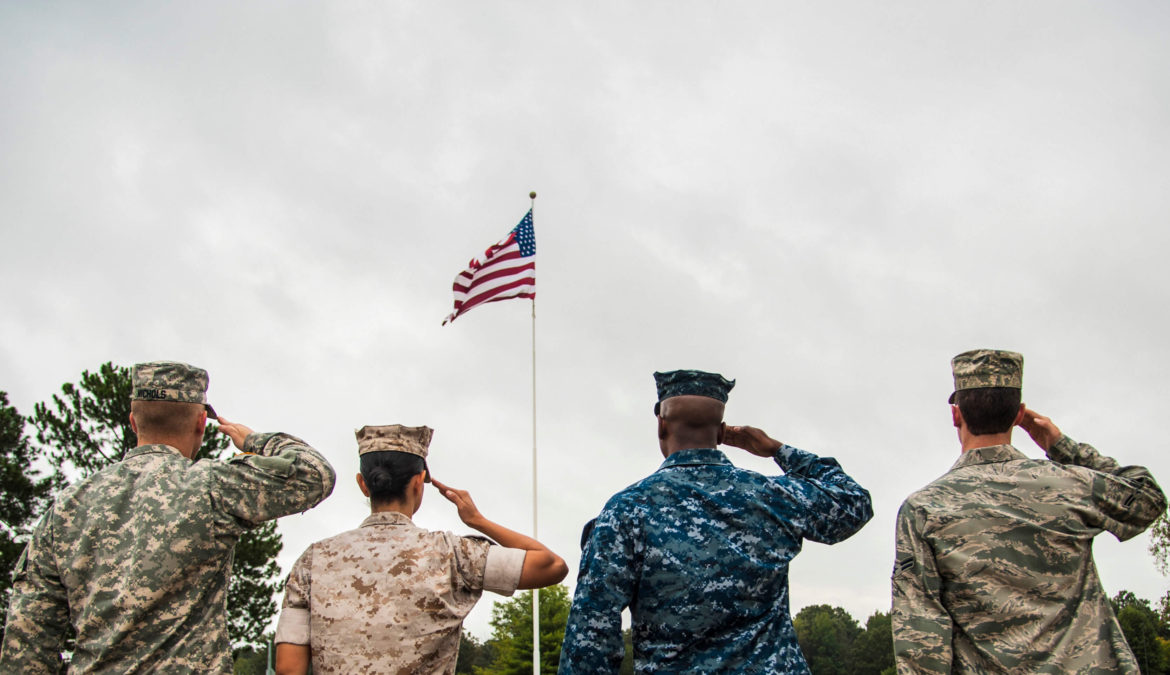Under the 1986 Uniformed and Overseas Citizens Absentee Voting Act (“UOCAVA”), members of the seven uniformed services, members of the U.S. Merchant Marines, eligible family members of the above, U.S. citizens employed by the federal government residing outside the U.S. and all other private U.S. citizens residing outside the U.S. all have the right to cast an absentee ballot in federal elections.
Registering To Vote
Military and overseas voters can register to vote and request an absentee ballot through a single application form, the Federal Post Card Application. This application is available online, and at U.S. embassies, consulates, and military bases worldwide where help is available to assist military and overseas voters with filling it out and returning it. Military and overseas voters also have the option of receiving a state voter registration application and absentee ballot request form, either by mail or electronically.
When registering to vote, overseas voters can list their last address before leaving the country as their residence for voting purposes. Military voters and their families may claim residence at their last address prior to joining the military or where they change permanent duty stations.
Casting A Ballot
Federal law requires that military and overseas voters have at least until 30 days prior to an election to request and absentee ballot, however states may under state law provide more time to request the ballot.
Once an absentee ballot application has been properly received and processed, states are required to transmit the absentee ballots to military and overseas voters at least 45 days before a general, primary, or special election. In the event a voter requests but does not receive their ballot in time, he or she may use the Federal Write-In Absentee Ballot, which is a “back-up” ballot available to all military and overseas voters. This ballot is available online through the Federal Voting Assistance Program’s online wizard. While there are state-specific regulations, the general practice is that most states require the ballot to be either signed or postmarked by date of the election and received within ten-to-fourteen days after the election.
Although federal law sets guarantees that these basic voting procedures available to military and overseas voters, states may offer more absentee voting services for military and overseas voters than those guaranteed by federal law. Voters should contact their state or local election official for state-specific information, including for absentee ballot deadlines. U.S. embassies, consulates and bases abroad are also charged with helping overseas voters and will mail back ballots through U.S. diplomatic and military mail services. The Federal Voting Assistance Program (FVAP) website is a very useful resource for initiating ballot requests and answering questions about particular states. The Overseas Vote Foundation has also released useful state-by-state fact sheets.


